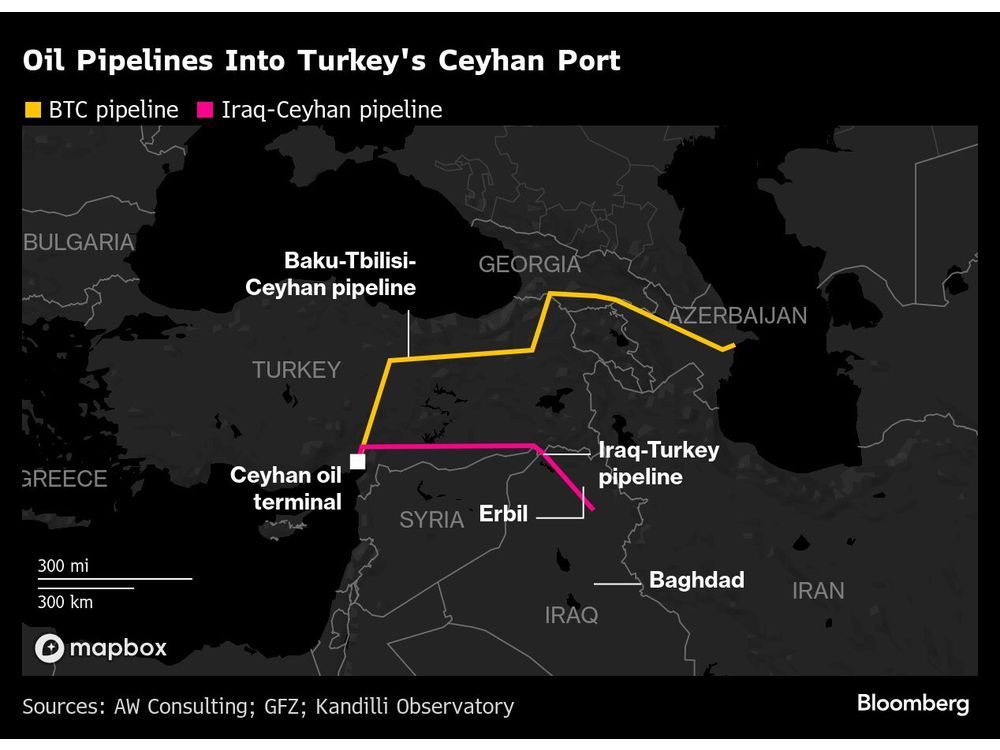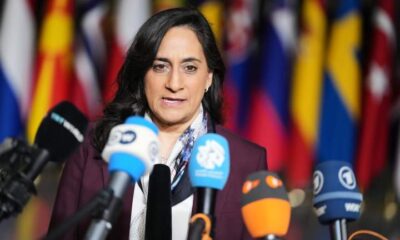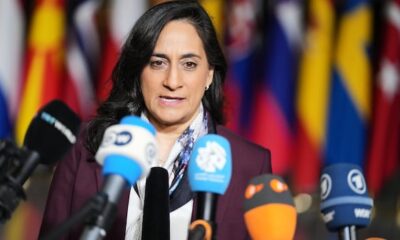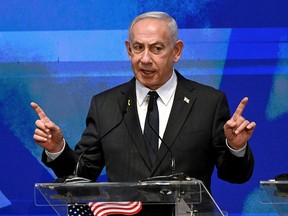Top Stories
US Pushes for Long-Term Kurdish Oil Exports After Key Deal

URGENT UPDATE: The Trump administration is intensifying efforts to secure the long-term viability of oil exports from northern Iraq, which resumed recently after a two-year hiatus. This crucial development aims to strengthen the Iraqi economy, benefit US companies, and counter Iran‘s growing influence in the region.
According to a senior official from the State Department, the United States is focused on ensuring the implementation of the export agreement and adherence to its financial terms. These discussions come after extensive negotiations, including hundreds of calls and meetings aimed at uniting international oil companies with both the Iraqi and Kurdish governments.
The resumption of oil shipments through a pipeline to Turkey’s Mediterranean coast is a pivotal step in solidifying this deal’s long-term sustainability. However, the current agreement is set to expire at the end of the year, with negotiations over hundreds of millions of dollars owed to oil companies scheduled shortly.
Secretary of State Marco Rubio stated last week on X that the agreement “will bring tangible benefits for both Americans and Iraqis while reaffirming Iraq’s sovereignty.” The pressure from the US was instrumental in reaching this export deal, and officials from Iraq and the Kurdish region are emphasizing the need for it to evolve into a long-term arrangement that also safeguards US business interests.
Despite the positive developments, the oil ministries of Iraq and the Kurdistan region have not yet commented on the US’s role in facilitating these discussions. The Association of the Petroleum Industry of Kurdistan, representing the companies involved, has welcomed the agreement that has enabled exports through the pipeline.
Since March 2023, when the Turkey pipeline was closed, some Kurdish oil was transported to Iran and Turkey via trucks in search of alternative markets, as noted by the US Energy Information Administration. The situation escalated in July when the Kurdistan region faced attacks on oil infrastructure, which Kurdish security forces attributed to Iran-backed militias, although no group claimed responsibility.
The resumption of oil exports from the region is critical, particularly as the US aims to eliminate Iranian oil exports as part of President Trump’s “maximum pressure” campaign against Tehran. This deal not only enhances economic opportunities for both nations but also plays a significant role in the geopolitical landscape of the Middle East.
As negotiations progress, all eyes will be on the upcoming talks regarding financial terms and the potential for a more stable and long-lasting arrangement that benefits all parties involved. Stay tuned for further updates on this developing story.
-

 Politics4 weeks ago
Politics4 weeks agoSecwepemc First Nation Seeks Aboriginal Title Over Kamloops Area
-

 World5 months ago
World5 months agoScientists Unearth Ancient Antarctic Ice to Unlock Climate Secrets
-

 Entertainment5 months ago
Entertainment5 months agoTrump and McCormick to Announce $70 Billion Energy Investments
-

 Science5 months ago
Science5 months agoFour Astronauts Return to Earth After International Space Station Mission
-

 Lifestyle5 months ago
Lifestyle5 months agoTransLink Launches Food Truck Program to Boost Revenue in Vancouver
-

 Technology3 months ago
Technology3 months agoApple Notes Enhances Functionality with Markdown Support in macOS 26
-

 Lifestyle3 months ago
Lifestyle3 months agoManitoba’s Burger Champion Shines Again Amid Dining Innovations
-

 Top Stories2 months ago
Top Stories2 months agoUrgent Update: Fatal Crash on Highway 99 Claims Life of Pitt Meadows Man
-

 Politics4 months ago
Politics4 months agoUkrainian Tennis Star Elina Svitolina Faces Death Threats Online
-

 Sports5 months ago
Sports5 months agoSearch Underway for Missing Hunter Amid Hokkaido Bear Emergency
-

 Politics5 months ago
Politics5 months agoCarney Engages First Nations Leaders at Development Law Summit
-

 Technology5 months ago
Technology5 months agoFrosthaven Launches Early Access on July 31, 2025





















